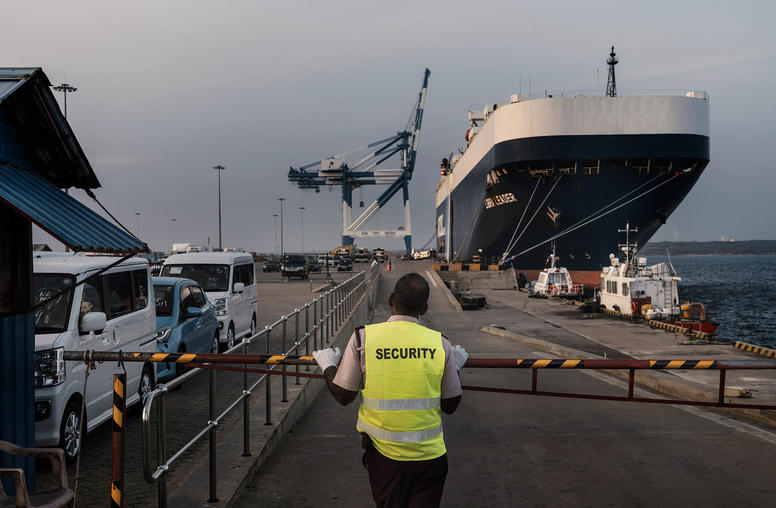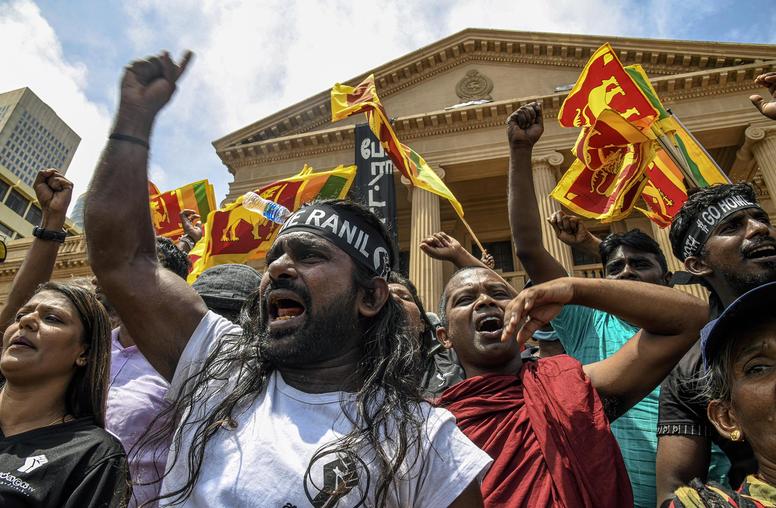Does Reconciliation Prevent Future Atrocities?
Evaluating Practice in Sri Lanka
What are atrocity crimes, why and when do they arise, and how can peacebuilding practice help to prevent them? This report delves into the conceptual foundations of reconciliation and atrocity prevention in the context of Sri Lanka’s history of conflict and ongoing reconciliation process, analyzing institutional-level reconciliation efforts and drawing from a randomized field experiment in an interpersonal reconciliation program. It suggests that by understanding the conditions under which reconciliation is most effective, peacebuilding practice will be better placed to achieve its goals after violent conflict.
Summary
- Reconciliation and atrocity prevention are often assumed to complement and reinforce each other in peacebuilding. Evidence shows that countries with a violent past are at increased risk of future atrocity, and reconciliation practice seeks to build relationships destroyed by violence. The logic of atrocity prevention through reconciliation in countries that have previously experienced widespread violence remains largely untested, however.
- Sri Lanka’s long history of violence and atrocities increases the risk for atrocity to recur. Based on a randomized experiment and qualitative analysis in-country, this report finds that reconciliation practices in Sri Lanka may serve only a limited immediate purpose in preventing mass atrocities, but lays the groundwork for long-term mitigation of atrocity risk.
- Some institutional reconciliation efforts in Sri Lanka have addressed atrocity risks at the national and intergroup level, but require credible promises and full implementation of proposed policies.
- The interpersonal reconciliation practice tested through a randomized field experiment at the University of Colombo may have limited impact on attitudes related to atrocity risk due to a short program timeline and the risk of selection bias.
- The study illustrates the significant challenges facing efforts to evaluate atrocity prevention practice—among them how widely the findings of one case study can be applied, establishing valid and accurate survey questions to measure attitudes, and isolating the effects of institutional mechanisms and determining causality.
- By understanding, beyond assumptions and anecdotal impressions, the conditions under which reconciliation can best help reduce the risk of future atrocities preventive practice can more effectively achieve lasting peace following violent conflict.
About the Report
This report focuses on reconciliation practice in Sri Lanka, a country representative of related successes and challenges, to assess its impact on preventing mass atrocity and the logic of prevention through reconciliation. Using a mixed-methods approach that includes a field experiment, interviews, and analysis of secondary data sources, the report is a follow-up to a 2015 Peaceworks, “Reconciliation in Practice,” spearheaded by the Center for Applied Research on Conflict at the United States Institute of Peace (USIP). Data collection for this report was supported by the Social Scientists’ Association, a Sri Lankan–based NGO.
About the Author
Kate Lonergan is a PhD candidate with the Hugo Valentin Centre and the Department of Peace and Conflict Research at Uppsala University. Her research focuses on reconciliation and peacebuilding after mass violence and atrocities.



